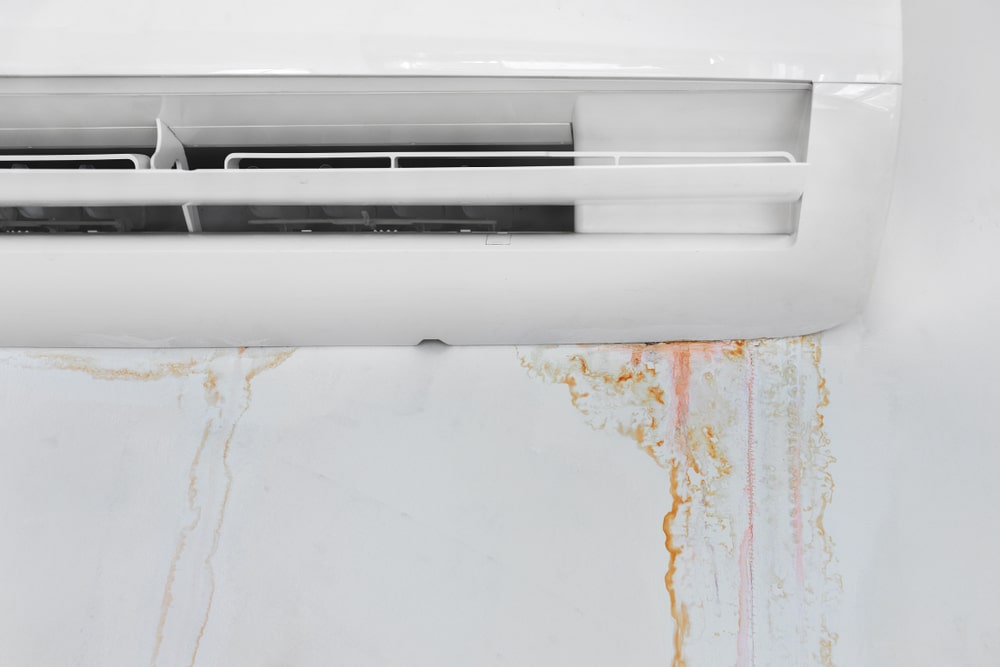Tips – Keeping Your AC Free of Mold
The Summer months can be tough on air-conditioning units. The moisture they collect can result in some unfavorable environments, which might seem counterintuitive given how hot temperatures get during this season. Heat doesn’t always translate into drier conditions, and unfortunately, all that moisture can lead to indoor mold issues inside AC systems and ductwork.
The more use an air conditioning system gets, the more a home is at risk of mold growth. This is partly because this unit tends to create its own condensation. Also, with more use comes more wear and tear, which might trigger leaks that need immediate attention.
There are ways to maintain a mold-free AC system, and this article will discuss a few of those options for proactive homeowners.
Moisture Prone Spaces
If an AC system is in a closet or enclosed space, keeping that area dry will be crucial. There are some moisture prone elements that a homeowner can seek out to ensure the closet or room is kept clean and dry.
- Where Air Temperatures Meet – The area where hot air meets cold air will inevitably produce moisture. Look under the unit and in the channels of the AC to see if it is generating a lot of condensation.
- Check Ducts – Opening ductwork is also a good idea to see if any standing water exists or if there is excess moisture present. A good cleaning or evaluation by a professional can alleviate any surprises or costly repairs.
Keep Air Moving – It can be tempting to turn the air off for the day when headed out, or especially when leaving for a long weekend or vacation. Allowing hot air to sit in a home will only encourage mold growth since it needs very little moisture to produce.
The system doesn’t have to be set for occupant level comfort but needs to hold a decent temperature while keeping air moving. This will prevent organic materials from attracting molds that could be harmful to human health.
Open Vents – Another great tip is keeping air vents, registers, and exhaust fans open and in use. Circulating air will be a home’s best friend and allow even small spaces a chance to air or dry out. By keeping vents open, there will be a natural circulation of air. Be sure to check registers so they are free of furniture and that they aren’t getting blocked by home decor.
After damp rooms get used, such as the bathrooms, use an exhaust fan to help eliminate some of the moisture from the space. Allow the fan to run for a little longer than usual since there will likely be more humidity in the air than usual.
These tips will keep a home clean and dry all Summer long. Don’t forget to have the AC checked out by a professional, which can also catch many problems before they start. Maintenance is always the preferred way to combat a problem, rather than waiting until there is a catastrophe.
Also, there is moisture capturing products on the market today or ways to make them yourself, that can help control humidity in tight spaces.


Recent Comments